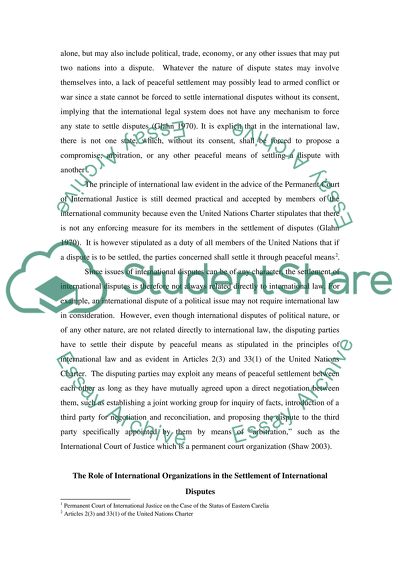Cite this document
(“Dispute Settlement between States Essay Example | Topics and Well Written Essays - 2000 words”, n.d.)
Dispute Settlement between States Essay Example | Topics and Well Written Essays - 2000 words. Retrieved from https://studentshare.org/miscellaneous/1529864-dispute-settlement-between-states
Dispute Settlement between States Essay Example | Topics and Well Written Essays - 2000 words. Retrieved from https://studentshare.org/miscellaneous/1529864-dispute-settlement-between-states
(Dispute Settlement Between States Essay Example | Topics and Well Written Essays - 2000 Words)
Dispute Settlement Between States Essay Example | Topics and Well Written Essays - 2000 Words. https://studentshare.org/miscellaneous/1529864-dispute-settlement-between-states.
Dispute Settlement Between States Essay Example | Topics and Well Written Essays - 2000 Words. https://studentshare.org/miscellaneous/1529864-dispute-settlement-between-states.
“Dispute Settlement Between States Essay Example | Topics and Well Written Essays - 2000 Words”, n.d. https://studentshare.org/miscellaneous/1529864-dispute-settlement-between-states.


